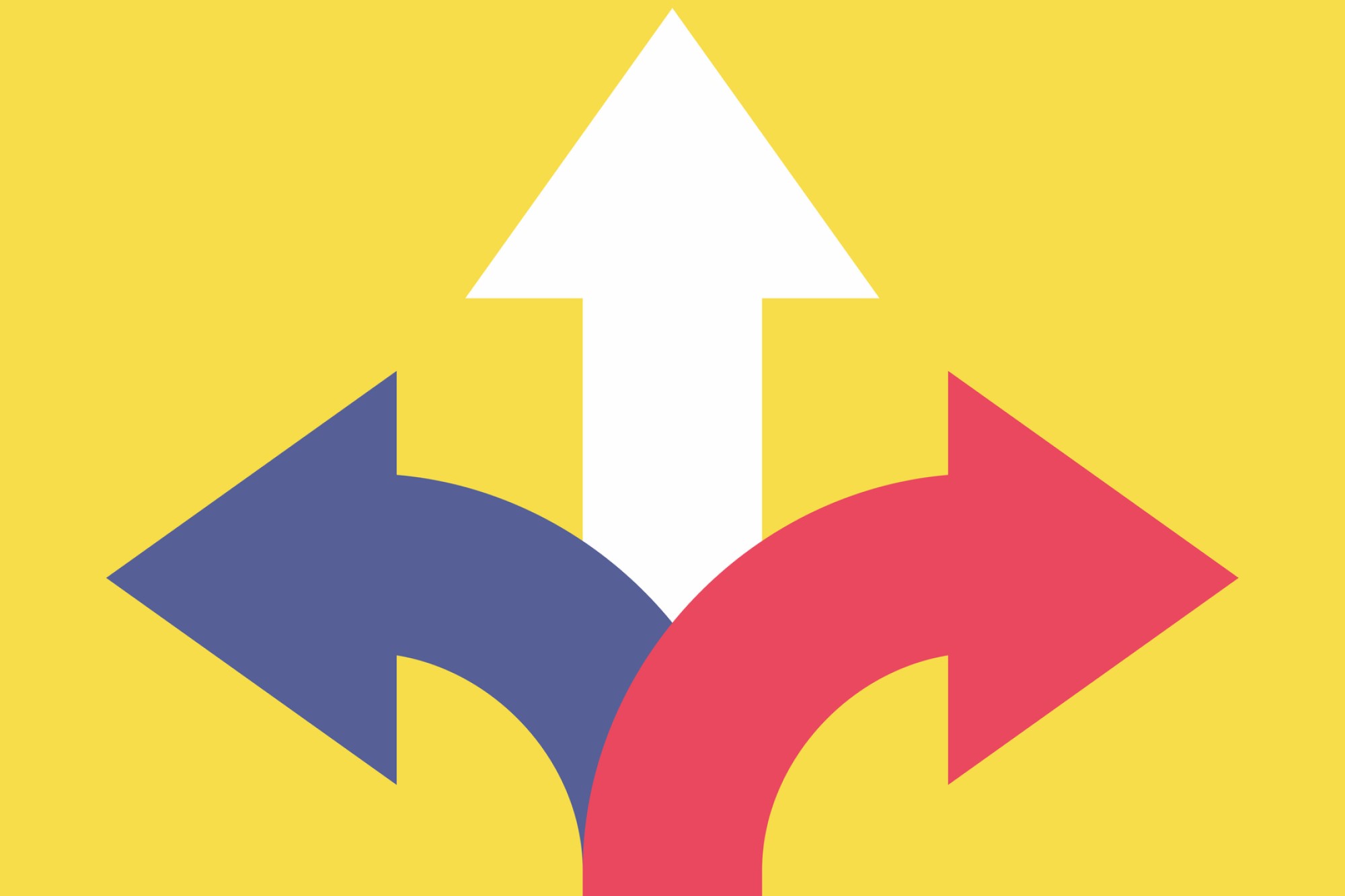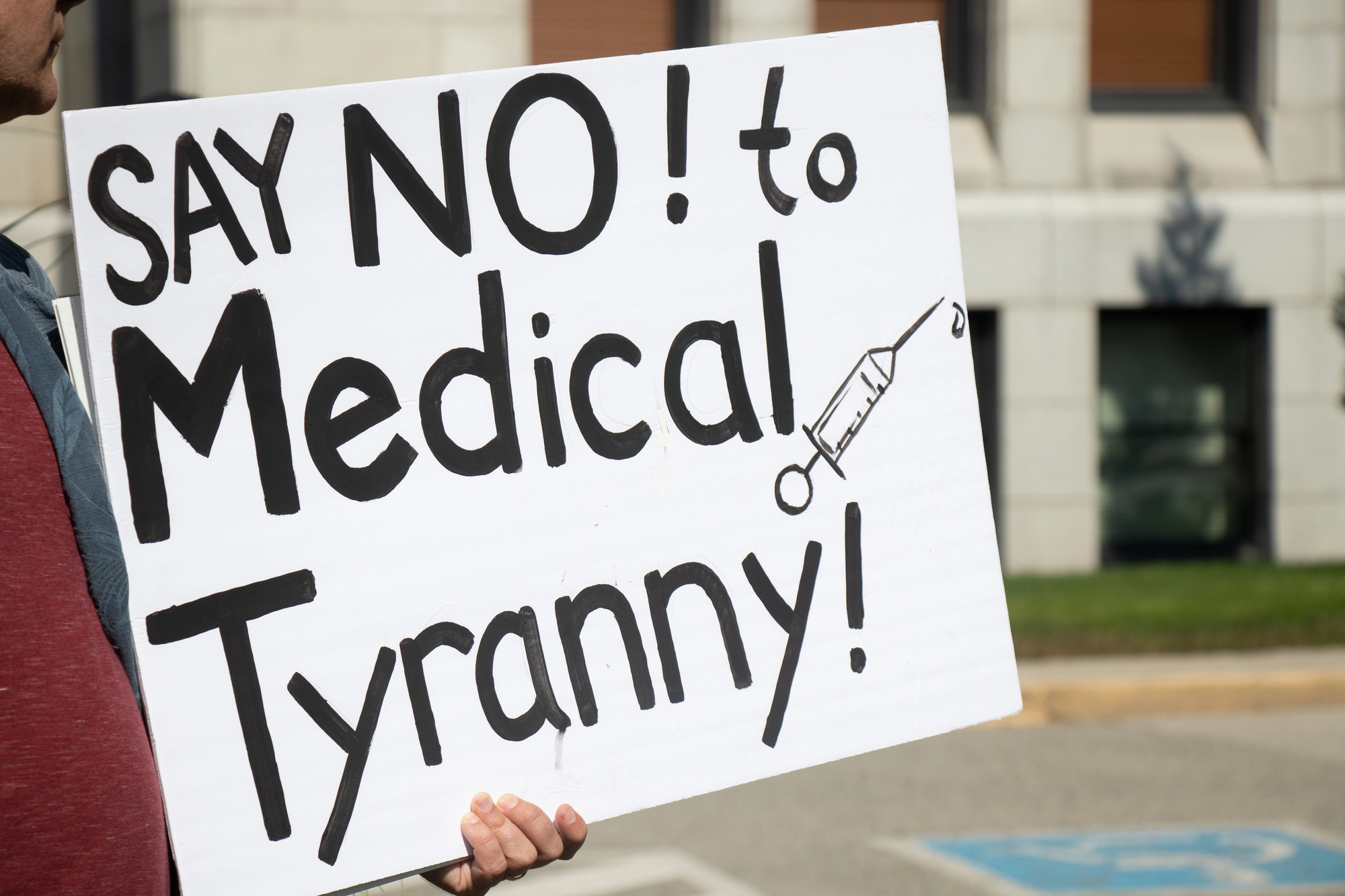Must Democratic Citizens Think for Themselves?

In a recent interview with Tucker Carlson, United States Secretary of Health and Human Services Robert F. Kennedy Jr. discussed some of his proposed changes to public health in America. Of note was Kennedy’s proposal for an increased role for AI, especially when it comes to evaluating the safety of vaccines, of which he has long been critical. Throughout the interview, Kennedy emphasized the importance of people doing their own research, specifically as an obligation we have as citizens of a democracy. “We need to stop trusting the experts, right?” Kennedy stated. “Trusting the experts is not a feature of science, it’s not a feature of democracy, it’s a feature of religion, and it’s a feature of totalitarianism. In democracies, we have the obligation, and it’s one of the burdens of citizenship to do our own research and make our own determinations about things.”
Kennedy is wrong, of course, that trusting experts is not a feature of science: scientific progress would be impossible if scientists had to continuously reinvent the wheel every time they pursued an area of inquiry. Kennedy is also wrong that trusting experts is not a feature of democracy. A well-functioning democracy does not require that we ignore those with specialized knowledge; indeed, a democracy would likely cease to function entirely if we citizens ignored experts.
Perhaps, though, there is a kernel of truth somewhere in Kennedy’s confusion, namely around the value of thinking for yourself, especially as a democratic citizen. After all, democracies typically give citizens the rights to challenge narratives and reach their own conclusions, rights that may not be afforded to citizens of non-democratic nations. And if we are to uphold the values of a democracy, perhaps we not only have that right but the obligation to exercise it, especially when we may be wary about the status quo. Is Kennedy correct, then? Does democracy oblige us to think for ourselves?
Perhaps. But not in the way Kennedy is thinking.
While we most often hear skeptics or conspiracy theorists talk about “doing your own research,” there are certainly times when it’s a good idea to investigate issues ourselves. When we do so, we are exercising our intellectual autonomy: our capacity to figure things out for ourselves, which might involve gathering evidence on our own, reaching our own conclusions, and forming judgments ourselves, without other people telling us what to think. It often seems like there’s something worthwhile about being intellectually autonomous: figuring something out on your own can perhaps help you gain a deeper understanding of an issue and can help make progress by potentially discovering things that consensus views overlook.
Of course, there are many times when we should, in fact, listen to others instead of trying to figure things out on our own: there is nothing worthwhile in rejecting consensus views established by experts when we have no specific training or understanding of an issue. That we value intellectual autonomy does not mean that we value it when someone thinks for themselves or does their own research against all common sense.
A virtuous exercise of intellectual autonomy thus requires that we be able to distinguish between those instances when we should listen to others and when we should figure things out ourselves. On some accounts, virtues lie at the midpoint between extremes. For example, exemplifying the virtue of bravery doesn’t mean that you run head-first into every possible battle, no matter how hopeless: that’s not brave, it’s rash. Nor does it mean that you shy away from every potential conflict: that’s not brave either, that’s cowardly. Bravery lies somewhere in between, requiring that we know which battles to pick. Similarly, we might say that to exemplify intellectual autonomy virtuously doesn’t mean abandoning every consensus view (that’s also rash), nor does it mean always accepting everything other people tell us (that’s also a kind of intellectual cowardice).
So while Kennedy is advocating for a kind of intellectual autonomy, by claiming that we ought to reject the views of experts, he is clearly being far too rash. What about the weaker claim, that we have some kind of duty as democratic citizens to think for ourselves? As we saw, it does seem like there’s something intuitive about this idea, insofar as democracies afford (or ought to afford) their citizens the right to think freely and challenge the status quo. But again, if such an obligation exists, it cannot be so demanding as to require us to “stop listening to the experts.” Simply because we possess a right does not mean we are obliged to enact it in as extreme a manner as possible.
There is also a more fundamental way in which Kennedy’s remarks are misguided, namely that he implies that thinking for yourself requires excluding others from your inquiries. However, being autonomous is compatible with, and often requires, getting help from other people. For example, one of the goals of education is to teach people how to think for themselves, skills that we rely on others to learn. Indeed, any of the abilities we have as democratic citizens we possess because people have worked together to provide us with opportunities to act freely. Mutually creating the conditions for individual autonomy is arguably one of the points of having a democracy in the first place.
At the end of the day, we can see how futile Kennedy’s advice is if we were to try to put it into practice. Unless we deduce an understanding of virology from first principles, we will necessarily rely on the work of other people if we are going to do any of our own research. Of course, it is characteristically ironic of the conspiratorially-minded to claim that one should reject the word of experts while advocating for the acceptance of other people that they consider worth listening to. Once we realize that we need to rely on someone to think for ourselves, though, it seems prudent to trust those who have legitimate expertise.




